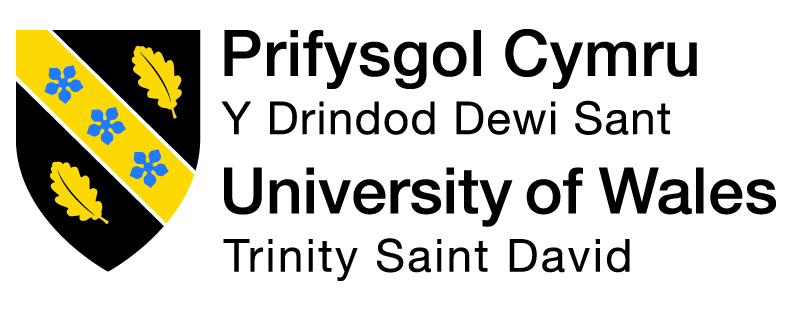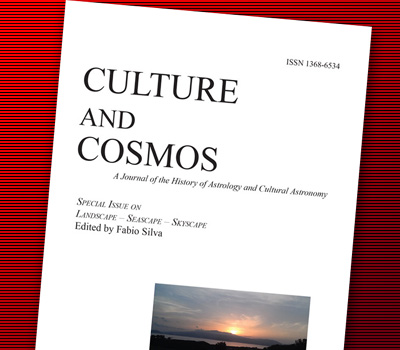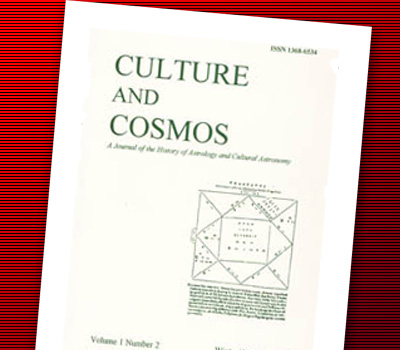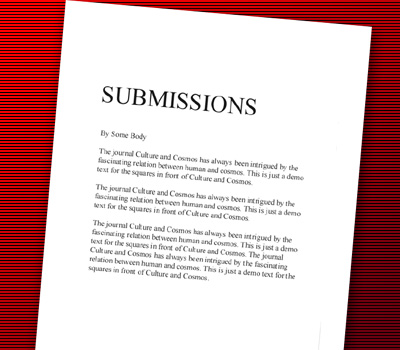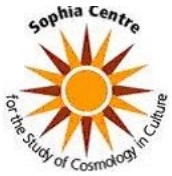We are currently seeking submissions for future volumes of Culture and Cosmos.
Volume 18 - 2
Creation, Providence, and the Limits of Human Knowledge of the World: Mellin de Saint-Gelais and John Calvin on Astrology
Lindsay Starkey
Abstract
This paper examines John Calvin's (1509-1564) Advertissement contre l'astrologie judiciaire (1549) alongside Mellin de Saint-Gelais' (ca. 1490-1558) Advertissement sur les iugemens d'astrologie à une studieuse damoyselle (1546). Writing in the wake of the pressures that religious reformations had caused in France, both Calvin and Saint-Gelais assessed astrology based on assumptions from their common Christian heritage. For both, whether and how astrology was a valid pursuit depended on how God created the world, how he continued to relate to it through his providence, and the human ability to know the universe. Their diverse understandings of creation, providence, and the limits of human minds led them to judge the study of astrology differently. Analysing these themes in their works, this manuscript ultimately suggests that notions of creation, providence, and the boundaries of the human mind influenced sixteenth-century assessments of astrology and of the study of the universe more broadly as authors experienced the pressures of religious reformations on traditional Christian doctrines.
Citation
Lindsay Starkey, 'Creation, Providence, and the Limits of Human Knowledge of the World: Mellin de Saint-Gelais and John Calvin on Astrology', Culture and Cosmos, Vol. 18, no. 2, Spring/Summer 2014, pp. 41-70.

